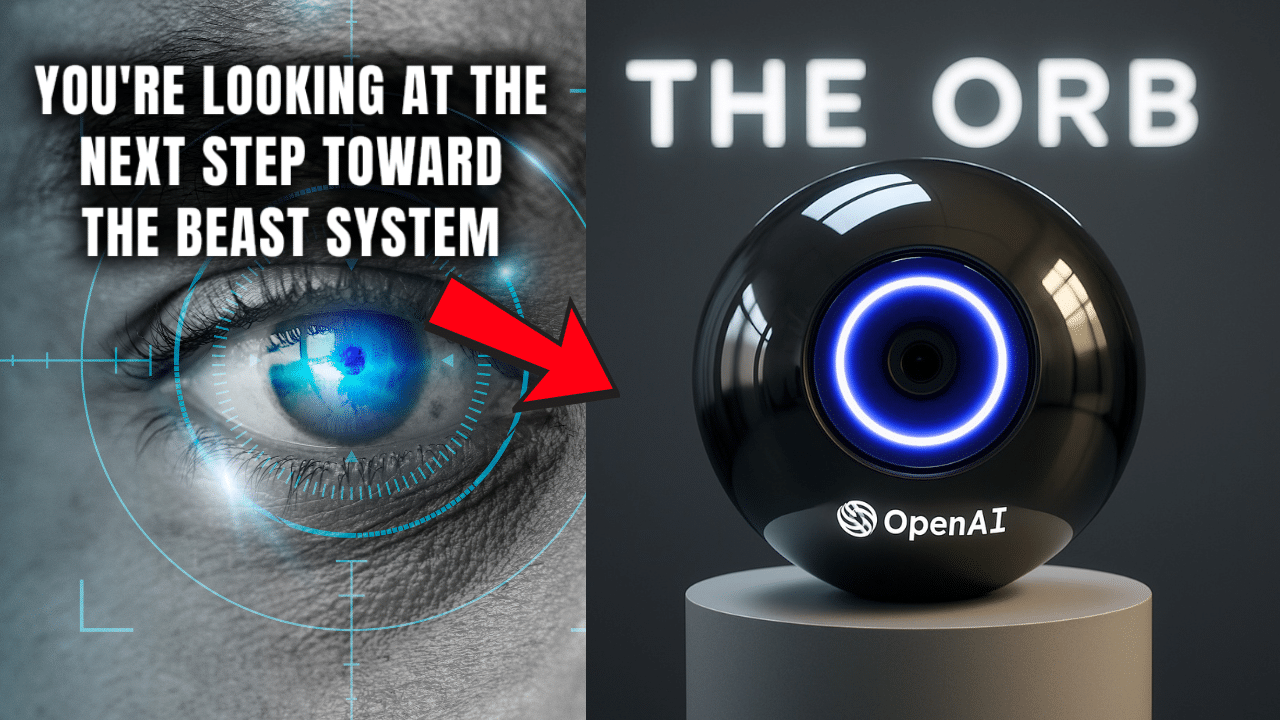In a detailed interview conducted on Friday at his Mar-a-Lago estate in Florida, President Donald Trump reiterated his unwavering commitment to maintaining tariffs on Chinese goods, dismissing suggestions that easing these measures could bring Beijing to the negotiating table.
The discussion, aired on NBC’s Meet The Press with host Kristen Welker, provided insight into Trump’s economic strategy, his perspective on China’s economic struggles, and his optimistic vision for America’s economic future.
Trump defended his administration’s tariff policy, emphasizing its role in pressuring China economically.
“They said today they want to talk. Look, China, and I don’t like this. I’m not happy about this. China’s getting killed right now,” Trump told Welker. He painted a vivid picture of China’s economic woes, claiming, “They’re getting absolutely destroyed.
Their factories are closing. Their unemployment is going through the roof.”
He expressed a nuanced stance, noting that while he is not intent on further damaging China’s economy, he is equally unwilling to allow Beijing to reap “hundreds of billions of dollars” to fund its military expansion, including “more ships, more Army tanks, and more airplanes.”
When Welker directly asked, “You’re not dropping the tariffs against China to get them to the negotiating table?”
Trump’s response was unequivocal: “No.” His firm stance underscores a broader strategy of using tariffs as leverage to protect American economic interests and curb China’s global influence.
Trump highlighted the positive impact of his policies on domestic manufacturing, pointing to significant investments by major corporations.
He noted that tech giants like Apple, along with automotive industry leaders such as Toyota, Honda, General Motors, and Stellantis, have committed billions of dollars to establish or expand manufacturing plants in the United States.
These investments, Trump argued, are a direct result of his administration’s economic policies, which prioritize domestic production and job creation. “They’re bringing their plants here,” he said, signaling a shift toward strengthening America’s industrial base.
The interview coincided with reports from Reuters that the Chinese government has compiled a list of American products exempt from its retaliatory 125% tariffs on U.S. goods.
These exemptions, which include critical items such as pharmaceuticals, microchips, and aircraft engines, suggest Beijing’s attempt to mitigate the impact of the trade war while maintaining pressure on other U.S. sectors.
Trump did not directly address these exemptions but maintained that his tariff strategy is working to America’s advantage.
Welker pressed Trump on the potential for an economic downturn, asking, “Is it okay in the short term to have a recession?” Trump’s response was characteristically confident: “Look, yeah. . . . Everything’s okay.”
He described the U.S. economy as being in a “transition period,” poised for significant growth. “We’re going to do fantastically,” he asserted, dismissing concerns about a recession with a blunt “No” when asked if he was worried about one.
When Welker probed further, asking, “Are you worried it could happen? Do you think it could happen?” Trump acknowledged the unpredictability of economic cycles, stating, “Anything can happen.”
However, he quickly pivoted to an optimistic forecast, declaring, “I think we’re going to have the greatest economy in the history of our country. I think we’re going to have the greatest economic boom in history.”
This bold prediction aligns with Trump’s narrative of economic revitalization, driven by his administration’s policies on trade, deregulation, and domestic investment.
Trump’s remarks reflect a continuation of his “America First” economic agenda, with tariffs serving as a cornerstone of his trade policy.
He aims to protect U.S. industries by maintaining pressure on China and encourage foreign companies to invest in American manufacturing.
His dismissal of recession fears, coupled with promises of an unprecedented economic boom, is intended to instill confidence in both markets and the public.










